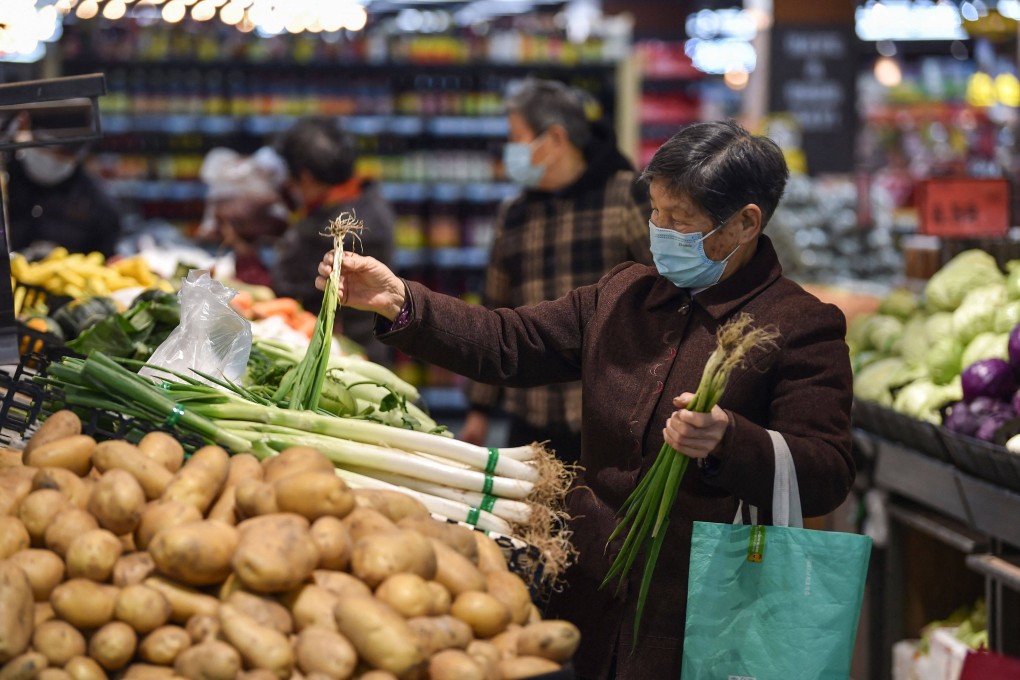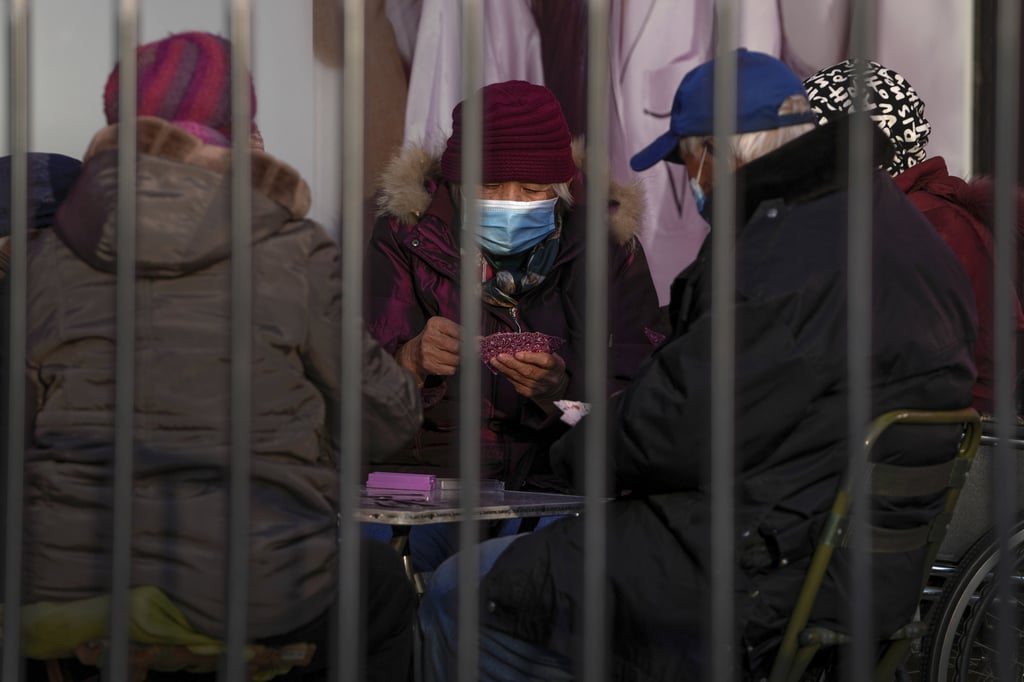Opinion | From tuition ban to Evergrande collapse, is China tripping over its chase for ‘common prosperity’?
- China’s crackdown on tech and a range of other sectors shows its economic policies are increasingly driven by ideological rather than market considerations
- But instead of promoting ‘common prosperity’, innovative enterprises are being snuffed out by regulators in the belief that the economy can be engineered to fit utopian visions

This slowdown is likely to persist in the months ahead, as the Chinese authorities show no signs of letting up on a strict zero-Covid policy that has led to periodic lockdowns of Chinese cities, and depressed consumer and business sentiments.

China’s regulators are also likely to continue with their crackdowns in a range of industries, many of which have been key sources of innovation (and profit) in the last decade.
Chinese policymakers may argue that the current slowdown is a necessary but temporary correction, especially in the overleveraged (and inflated) housing sector and the under-regulated consumer internet industry.
This slowdown may even be justified by pressing policy goals: to curb excessive borrowing and speculation in real estate; concerns that China’s internet giants hoard and exploit personal data without regard for privacy; worries about financial stability with big tech’s entry into consumer finance; the network externalities and monopoly power that China’s tech titans enjoy; and the wasteful arms races in education that private tuition causes.

